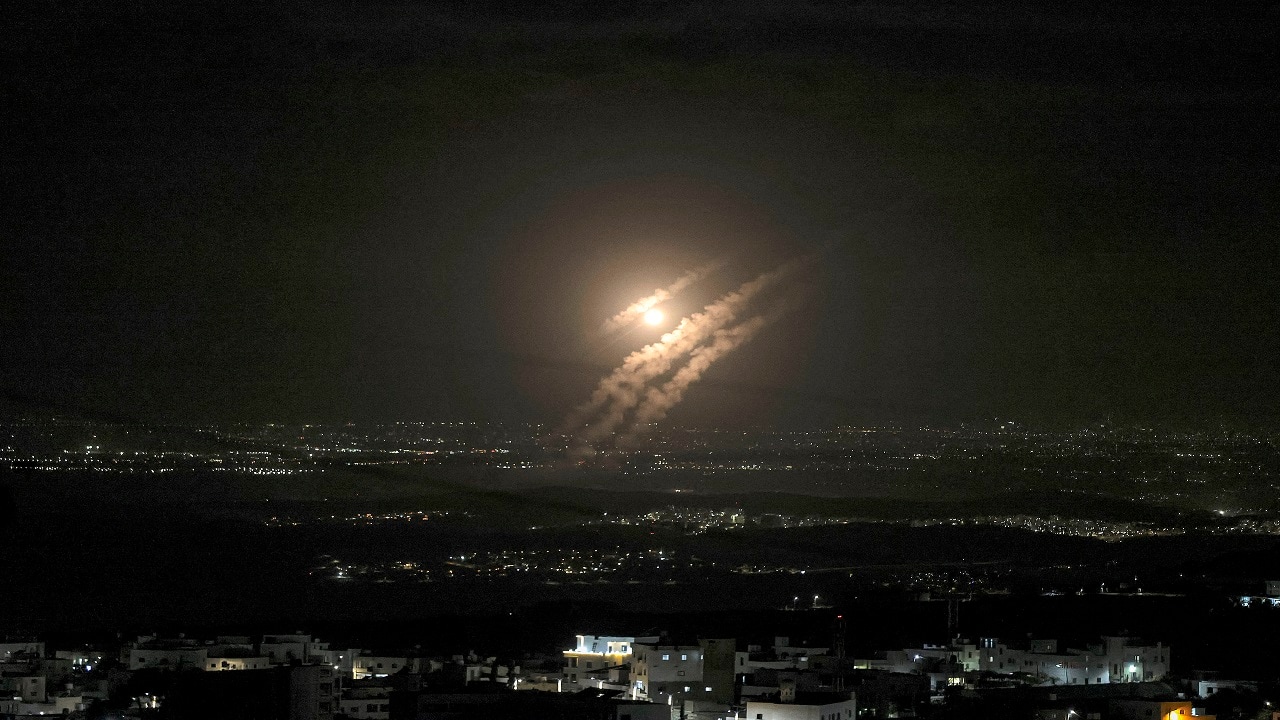Israel's Air Strike on Damascus: Rising Tensions Amidst Iranian Influence

Israel's Air Strike on Damascus: Rising Tensions Amidst Iranian Influence
On October 2, 2024, an Israeli air strike on a residential building in the Mazzeh neighborhood of Damascus claimed the lives of three individuals. According to the Britain-based Syrian Observatory for Human Rights, the attack targeted a flat reportedly frequented by Hezbollah leaders and members of the Iranian Revolutionary Guards. This strike is part of Israel's ongoing efforts to prevent Iran's influence from expanding within Syria.

Background of the Mazzeh Neighborhood
The Mazzeh district is a high-profile area in Damascus, housing several security headquarters, embassies, and influential figures. It has become a hotspot for Israeli air strikes due to its strategic importance and the presence of Iran-backed forces, including Hezbollah. This area has been a target before, as Israeli air strikes have frequently aimed at military installations and weapon depots associated with Iran and Hezbollah, key allies of Syrian President Bashar al-Assad's regime. The latest attack underscores the increasing frequency of such strikes, with another one occurring just a day earlier, targeting a site 500 meters away.
Israel’s Strikes and Iran’s Presence in Syria
Since the start of Syria's civil war in 2011, Israel has launched hundreds of strikes on Syrian territory, primarily aiming at Iranian military positions and proxies such as Hezbollah. The overarching objective of these attacks is to thwart Iran’s military entrenchment in Syria, a nation already grappling with internal strife. Iran’s involvement in Syria has included sending fighters, arms, and logistical support to bolster Assad's government, alongside training and supplying Hezbollah, a Lebanese militia and political faction that Israel considers a major security threat.
Israel’s stance remains clear: it will not tolerate Iranian forces or their affiliates in Syria. Although Israeli authorities rarely comment directly on specific operations, the increasing pace of attacks highlights Israel's firm position against what it perceives as a growing Iranian presence on its northern border.
The Civilian Impact
Wednesday's strike led to the deaths of three individuals, two of whom were foreigners, and wounded three others. The Syrian government, via its state news agency SANA, condemned the attack, referring to it as an act of aggression. The previous day’s strike, which also targeted the Mazzeh neighborhood, reportedly killed six people, including a television anchor and three Iran-backed fighters, illustrating the dual toll these strikes have on both combatants and civilians.
Hezbollah and the Larger Regional Conflict
Hezbollah, the Shiite militant group backed by Iran, has long been an enemy of Israel, leading to conflicts both in Lebanon and along the Israeli-Syrian border. The group’s activities in Syria, alongside Iran’s Revolutionary Guards, are a focal point for Israeli military action. While Hezbollah claims it is fighting to defend Lebanon from Israeli threats, Israel views their activities as a direct threat to its sovereignty and security.
Escalating Regional Tensions
This recent attack comes amid rising tensions between Israel and Iran, with concerns that the conflict may further intensify. In addition to Syria, Israeli strikes have also targeted Hezbollah-linked forces near the Lebanese border. The repeated air strikes demonstrate Israel's commitment to curbing the influence of Iran’s military apparatus in the region, a policy that has persisted across multiple Israeli administrations.
Conclusion
The strikes on the Mazzeh neighborhood are emblematic of the broader Israel-Iran proxy conflict playing out in Syria. As the war monitor reports, the proximity of these strikes to residential areas and the increasing civilian casualties add another layer of complexity to an already volatile situation. With both Iran and Hezbollah deeply entrenched in Syria, and Israel determined to prevent their expansion, these air strikes are likely to continue, further escalating the already fragile dynamics in the Middle East.